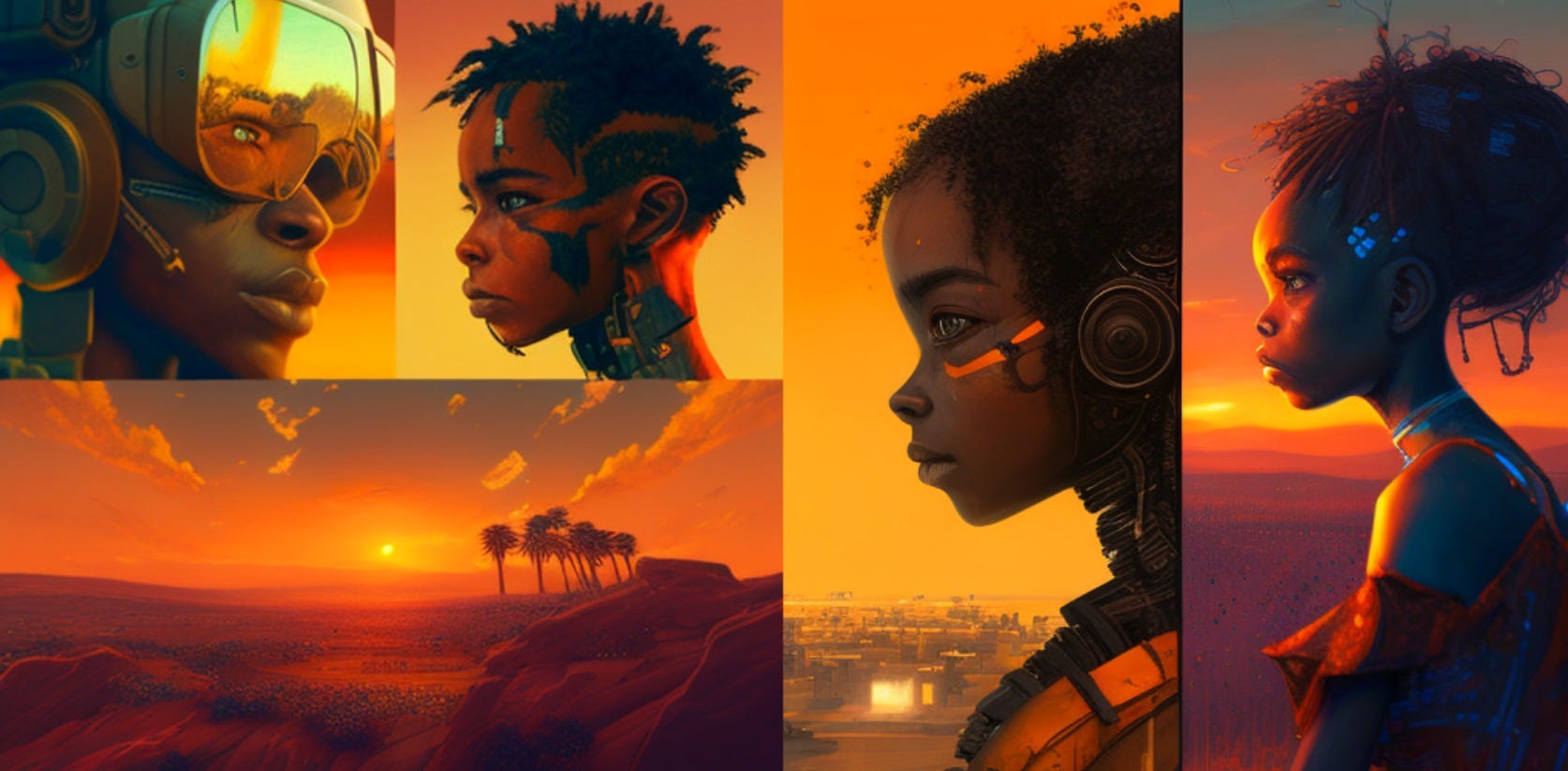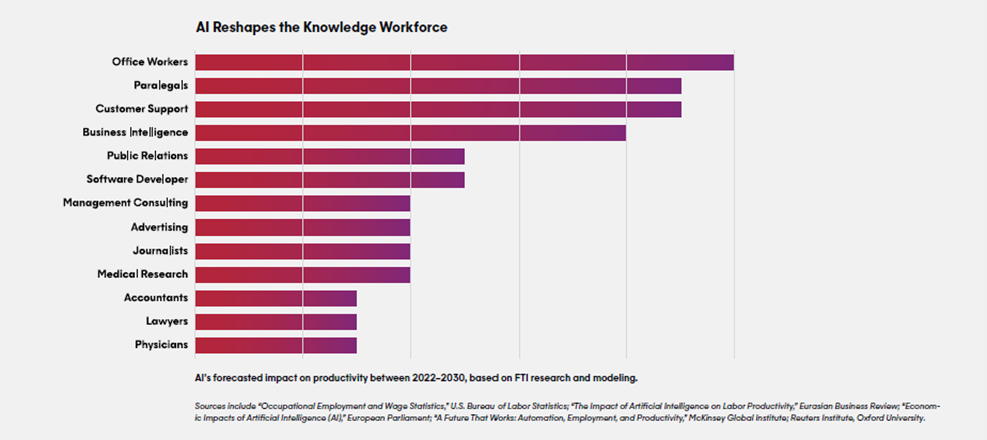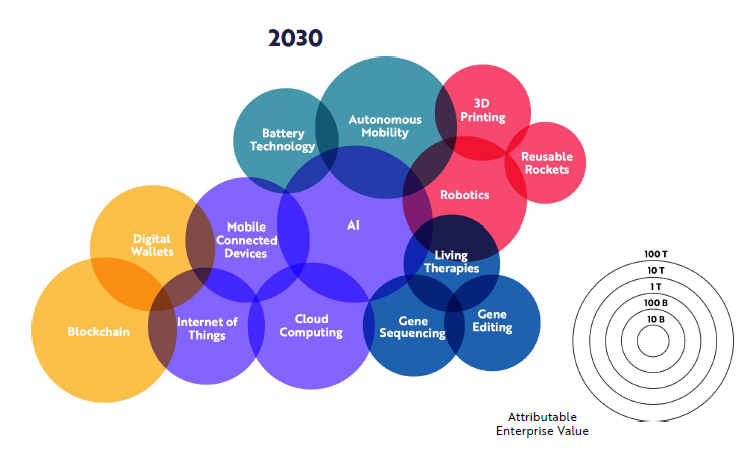AI, Evolution & Us: Bridging the Gap Between Human Intelligence & Technological Advancements | FutureSight Africa™ with Buntu Majaja | S1E2
A Glimpse Beyond the AI Veil: Harmonizing the Dance of Technological Progress with the Symphony of Conscious and Sentient Evolution
Summary:
We begin by examining the need for social evolution alongside tech advancements to prevent self-destruction. Next, we summarize the latest progress in AI models and techniques, including the top 10 fastest-growing US patents. Drawing parallels between biological evolution and the development of neurological systems, we explore the role of AI and the internet as extensions of human intelligence.
"Caleb, there's a new model coming. Imagine the most advanced AI in the world. Now imagine a machine a hundred times smarter than that." - Nathan, Ex Machina (2014)
"Ex Machina," a cinematic masterpiece and one of my all-time favourite movies, masterfully explores the power of artificial intelligence. It immerses you in its world for a mesmerising 180 minutes, and when you're whisked back to reality, you're left with lingering questions about the nature of our existence. If you're anything like me, captivated by movies that challenge your thinking and stir your imagination, then I cannot recommend "Ex Machina" highly enough.
I hold a steadfast belief that if we fail to evolve our society, social structures, and collective consciousness in tandem with technological progress, we risk imploding under the weight of our own creations. Yuval Noah Harari's words resonate deeply: "If we do not master AI, AI will master us."
Artificial intelligence (AI) has undeniably entered the mainstream. As with all technological booms, an inevitable bust will follow. However, amidst the chaos and upheaval, certain innovations will not only endure but also profoundly shape our future. Today, I want to start asking questions about how this cycle of boom and bust might sculpt the African continent's trajectory.
To begin, let's carefully unpack the enigmatic world of AI. Artificial intelligence is an intricate, multifaceted field that encompasses a myriad of techniques and models. Some of these are still nascent, slowly emerging from the shadows, while others, like the remarkable Dall-E or the awe-inspiring ChatGPT, have already earned their celebrity status. Far to the East, in China, M6 and Wu Dao 2.0 are making waves as trailblazers, commanding attention and respect.
As we navigate the labyrinthine realm of AI, we discover a rich tapestry of algorithms and neural networks intricately woven together. These technological marvels are pushing the boundaries of what was once thought impossible, reshaping our understanding of the world and our place within it. Machine learning, deep learning, and natural language processing have become integral threads in this complex tapestry, each contributing to the awe-inspiring advancements we witness today.

What truly captivates me about AI is the striking resemblance it bears to biology. Much like how we drew inspiration from birds to engineer airplanes and forever change the world, we are now developing code architecture as neural networks modelled after the human brain. In this endeavour, we tread the fine line between science and art, unlocking the limitless potential of our own cognition.
As depicted in the graphic above, AI is currently one of the fastest-growing technologies in the US. Industry giants such as IBM, Samsung, Google, Intel, and Microsoft are at the forefront of this revolution, with over 11,000 patents filed between 2017 and 2021. Their combined efforts are painting a bold and vivid picture of our collective future.
This raises a thought-provoking question: is the rise of AI an inevitable step in the evolution of consciousness? While the answer remains uncertain, one thing is clear: if intelligence is the ability to solve a target objective, then AI represents the first non-natural, self-regulating means of achieving this. And from what I can see, the primary objective to be solved is "to make as much money as possible."
The other day, I found myself contemplating the essence of capitalism. Karl Marx argued that the struggle of the economy lies between capital and labour, with socialism advocating for labour and capitalism championing capital. In this context, capital refers to property, encompassing economic means of production such as equipment, stock, and intellectual property like code – which, incidentally, lies at the heart of AI.
So, what is it that draws capitalists to AI? The answer lies in automation. At its core, AI is a powerful vehicle for automating processes, streamlining workflows, and reducing the reliance on human labour.
What does automation truly signify? It means replacing labour with capital, effectively transferring the rewards of productivity gains to the owners of capital. As illustrated in the graphic above, the most significant transfer of economic value is anticipated to affect paralegal workers and office/admin support workers.
While no jobs are entirely safe from the reach of AI, it is crucial to note that certain positions, such as those at the highest risk in the graphic above and others like front store retail (non-knowledge work already being automated), are disproportionately held by women. This under-discussed aspect of AI-driven automation raises pressing concerns about its implications for gender equality in Africa. The continent already grapples with imbalanced unemployment rates and numerous barriers for young people, particularly young women.
As we continue to explore the unfolding AI revolution, we must engage in critical discussions about the consequences of automation for African women and the broader issue of gender equality. What will this mean for a continent already struggling to level the playing field for its youth, especially its young women? How can we ensure that AI-driven advancements do not exacerbate existing inequalities, but rather contribute to a more just and equitable future for all?
As we ponder the consequences of our actions as capitalists, we must critically evaluate whether we have established our highest values in a way that genuinely benefits society. For years, it has been argued that human selfishness drives wealth creation, as individuals are willing to make sacrifices and take risks for personal gain, subsequently raising the tide that lifts all boats. This idea forms the basis of the long-peddled theory of trickle-down economics.
However, trickle-down economics has been debunked by numerous studies, including those from esteemed institutions like the London School of Economics and King's College London, as well as by Nobel Laureate Thomas Piketty. If you remain unconvinced, just take a look at the glaring rates of inequality around you.
In the coming weeks, and later at SAIS'23, I am eager to delve deeper into these topics and many others. It's essential to reflect on our values, the theories we've subscribed to, and the very systems that drive our world, questioning whether they truly serve our collective best interests. As AI continues to transform the economic landscape, I believe that we must strive to create a future that uplifts everyone, not just a select few.
In launching this FutureSight Africa series, I've chosen to begin with AI due to its immense potential to impact every aspect of our lives. As illustrated in the graphic above, AI's reach extends across numerous industries and their workforces, particularly in the realm of knowledge work.
As the African continent, we must ask ourselves: are we prepared for the AI revolution? One significant limitation of blockchain technology has been the energy required for computation, with Bitcoin mining alone totalling more than 110 Terawatt Hours per year or 0.55% of global electricity production according to Harvard Business Review in 2021. Now, as AI demands even greater computing power, this energy consumption is set to increase exponentially.
Dall-E AI platform, for instance, has been overwhelmed by demand, displaying the message "We are currently out of service, please try again later." The simple truth is that there aren't enough physical servers to keep up.
In a continent where we sometimes struggle to maintain a reliable power supply – even for essential tasks like medical procedures – how can we harness the transformative potential of AI without falling further behind? We must find a way to embrace AI's potential without perpetuating the "dark continent" narrative, ensuring that we're not left behind as the world surges forward.
The influence of AI is just the tip of the iceberg. I concur with Bill Gates when he likens the AI revolution to the impact of the personal computer and the internet age. Other equally transformative moments in history include the Industrial Revolution's steam engine and the advent of electricity, not to mention the introduction of the contraceptive pill. Considering how these innovations reshaped the world, one can only imagine the implications of AI for our future.
Yet, AI is not alone in its potential to revolutionize the world. According to ARK Investment Management LLC, at least four other game-changing technologies will emerge alongside AI within the next 5-10 years:
· Gene therapy
· Batteries
· Blockchain
· Robotics
The graphic below demonstrates the combined potential of AI, blockchain, and autonomous mobility, offering an astounding 300 trillion-dollar opportunity. This figure does not even account for the overlapping possibilities with cloud computing, robotics, and gene sequencing for AI; digital wallets and IoT for blockchain; and 3D manufacturing and battery technology for autonomous mobility. The combined impact of these interrelated advancements could very well surpass the core technologies' opportunities.
As we delve into these groundbreaking technologies throughout the year, we'll discuss their implications for entrepreneurs and businesses in Africa and beyond. I am thrilled to be living in such a disruptive and transformative time, but I also feel a profound sense of responsibility to engage with these advancements and ensure that my values of Ubuntu and social justice, shaped by my African heritage, are represented, heard by the increasing cadre of African innovators, and considered by leaders, as these technologies shape our collective future.
At the end of the day, I remind myself that these are tools, much like the ones our ancestors crafted in the savannah, or the calculators used in the tax quarters of agrarian societies. In essence, that means asking ourselves: are we asking the right questions of these calculators?
To those who have read this far, I am deeply grateful for your time and attention. If you found this discussion interesting or valuable, please consider liking, commenting, and sharing your thoughts. I would love to hear from you, and your engagement will help increase the visibility of this content – an act of support that I would sincerely appreciate. If you haven't already, you can subscribe using the subscription link below. Thank you for joining me on this journey as we explore the future of our world and our beloved continent, Africa.
"Will you stay here? If I do, will you let me out?" - Ava, Ex Machina (2014)
Thank you
#AI, #SocialEvolution, #TechAdvancements, #BiologicalEvolution, #NeurologicalSystems, #Internet, #Automation, #Capitalism, #Inequality, #Energy, #Africa, #DisruptiveForces










